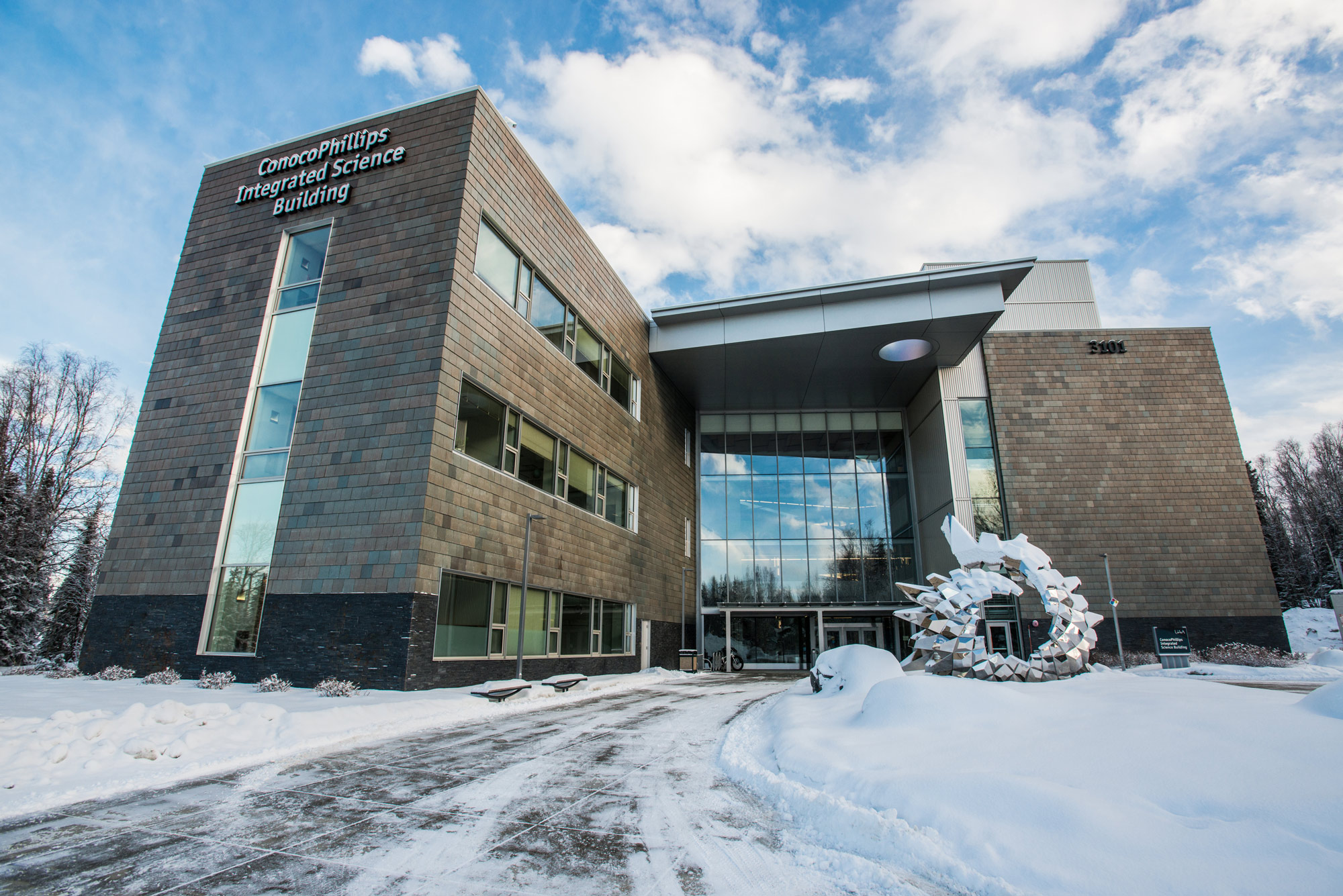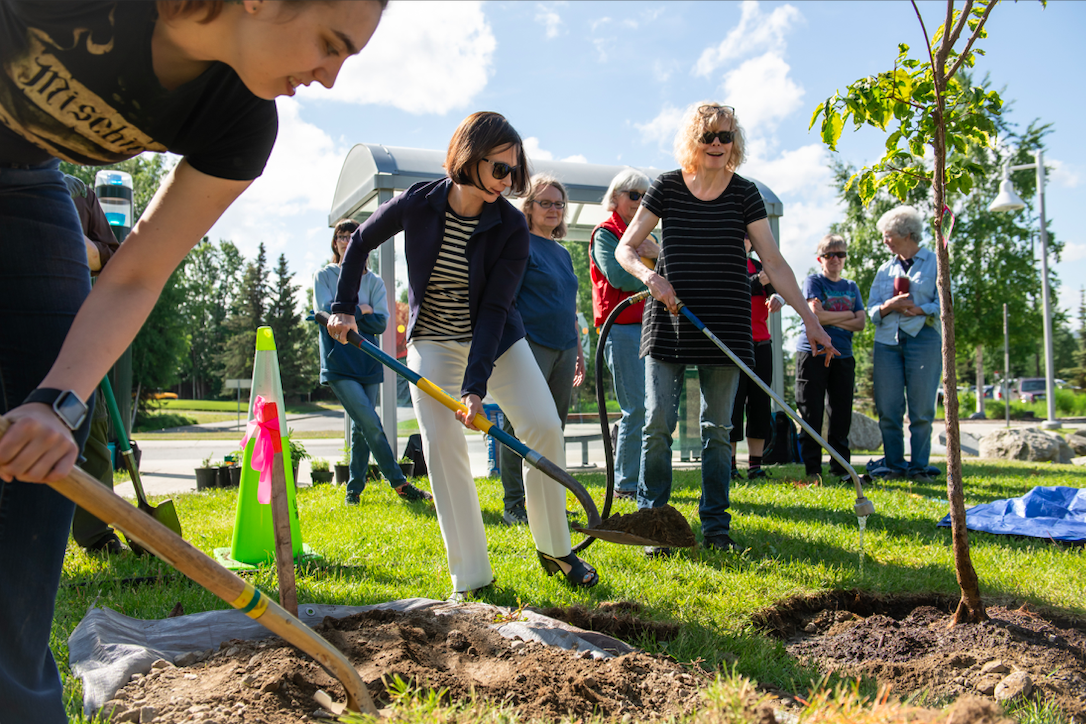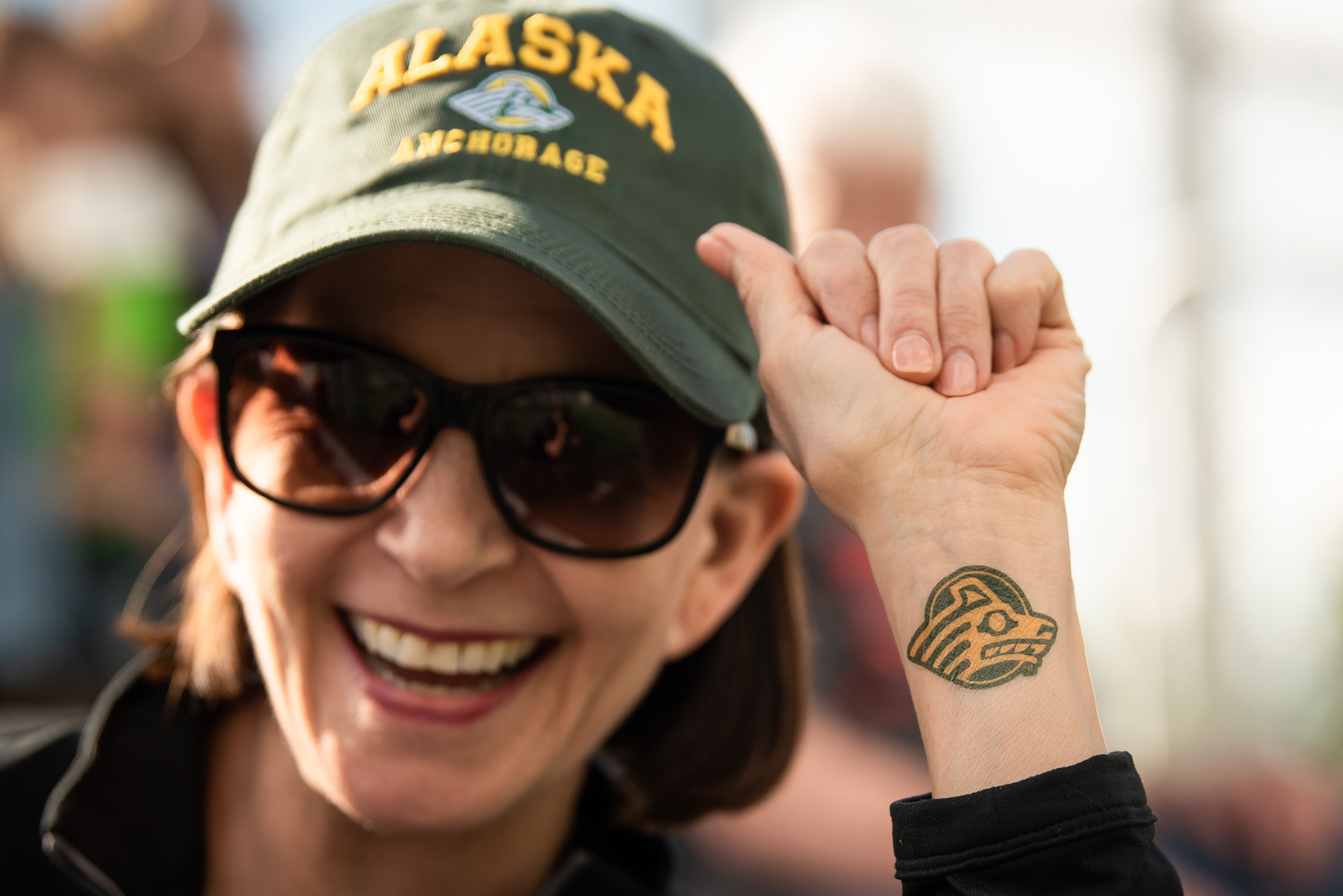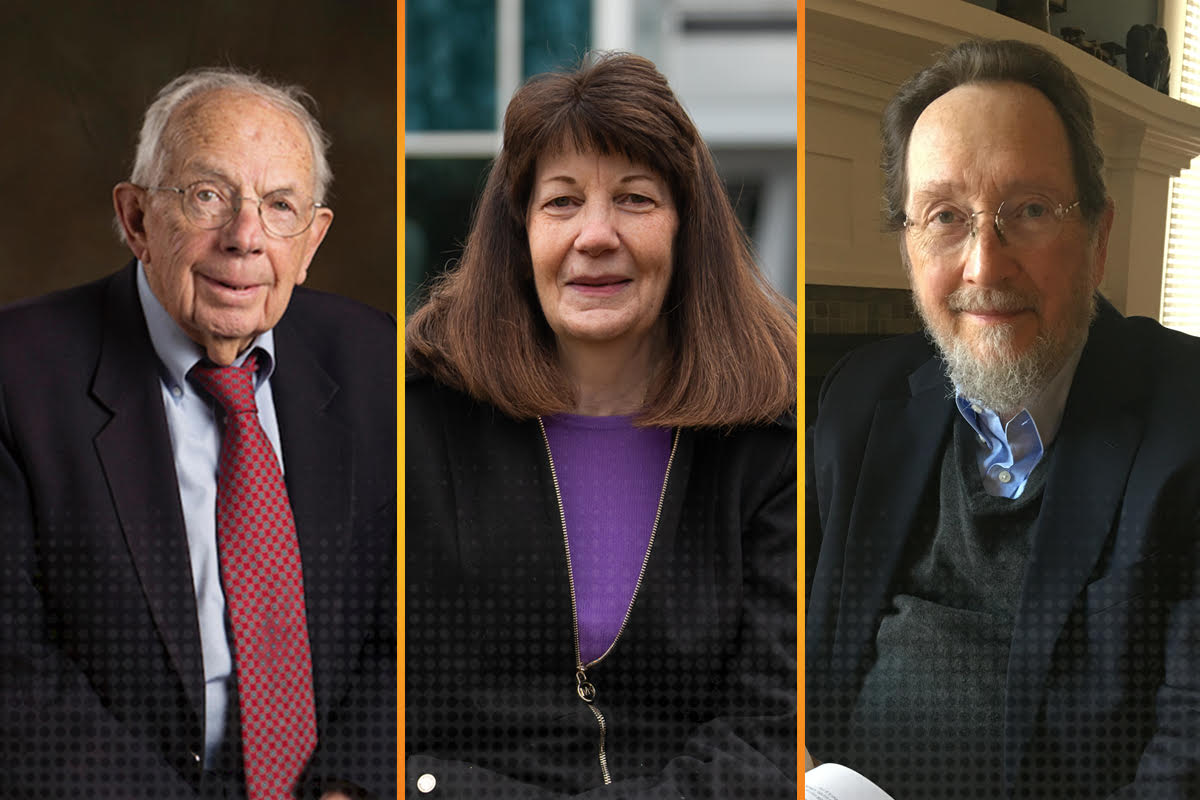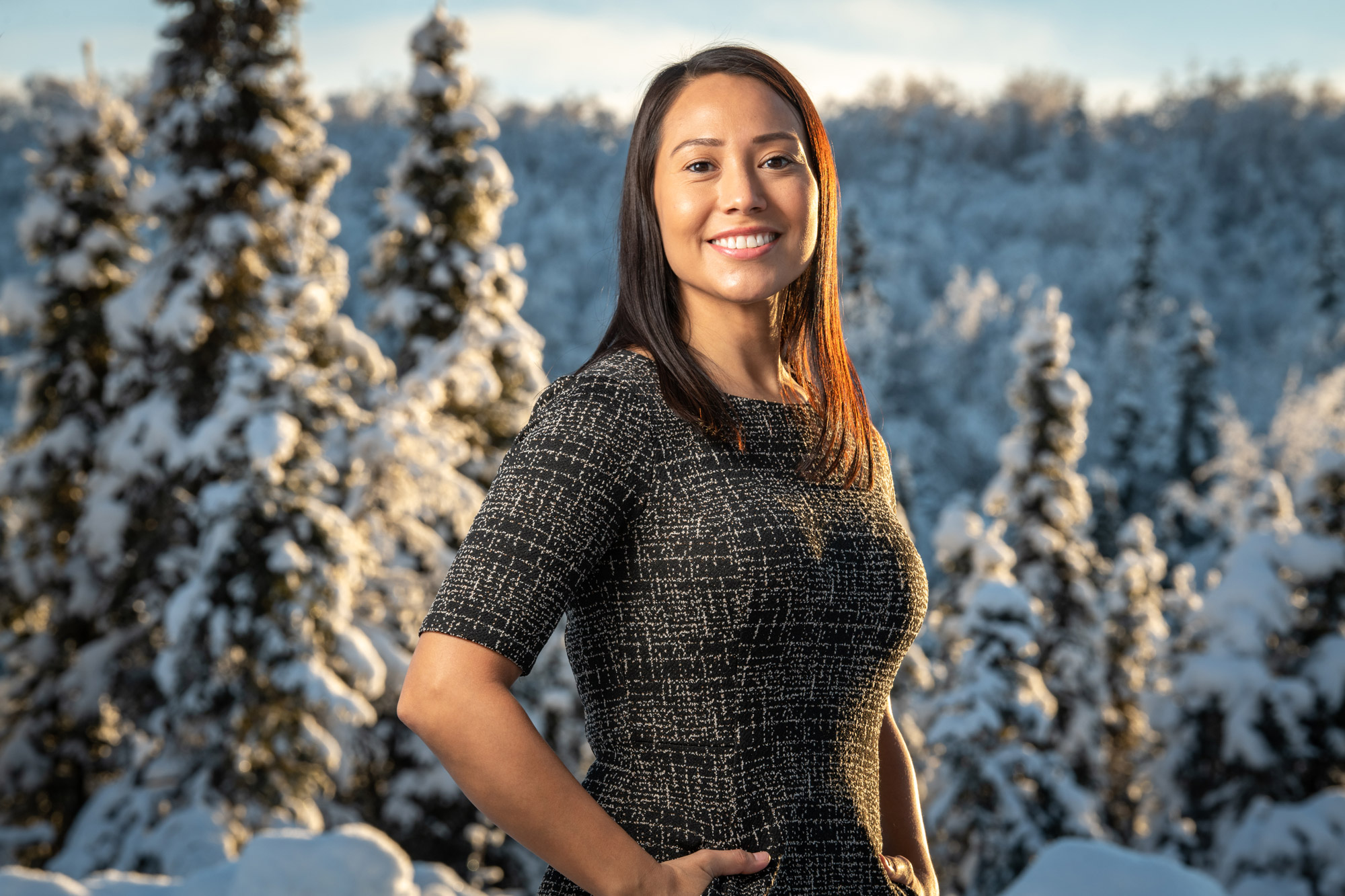Crossing paths: When history and the present collide
by Catalina Myers |
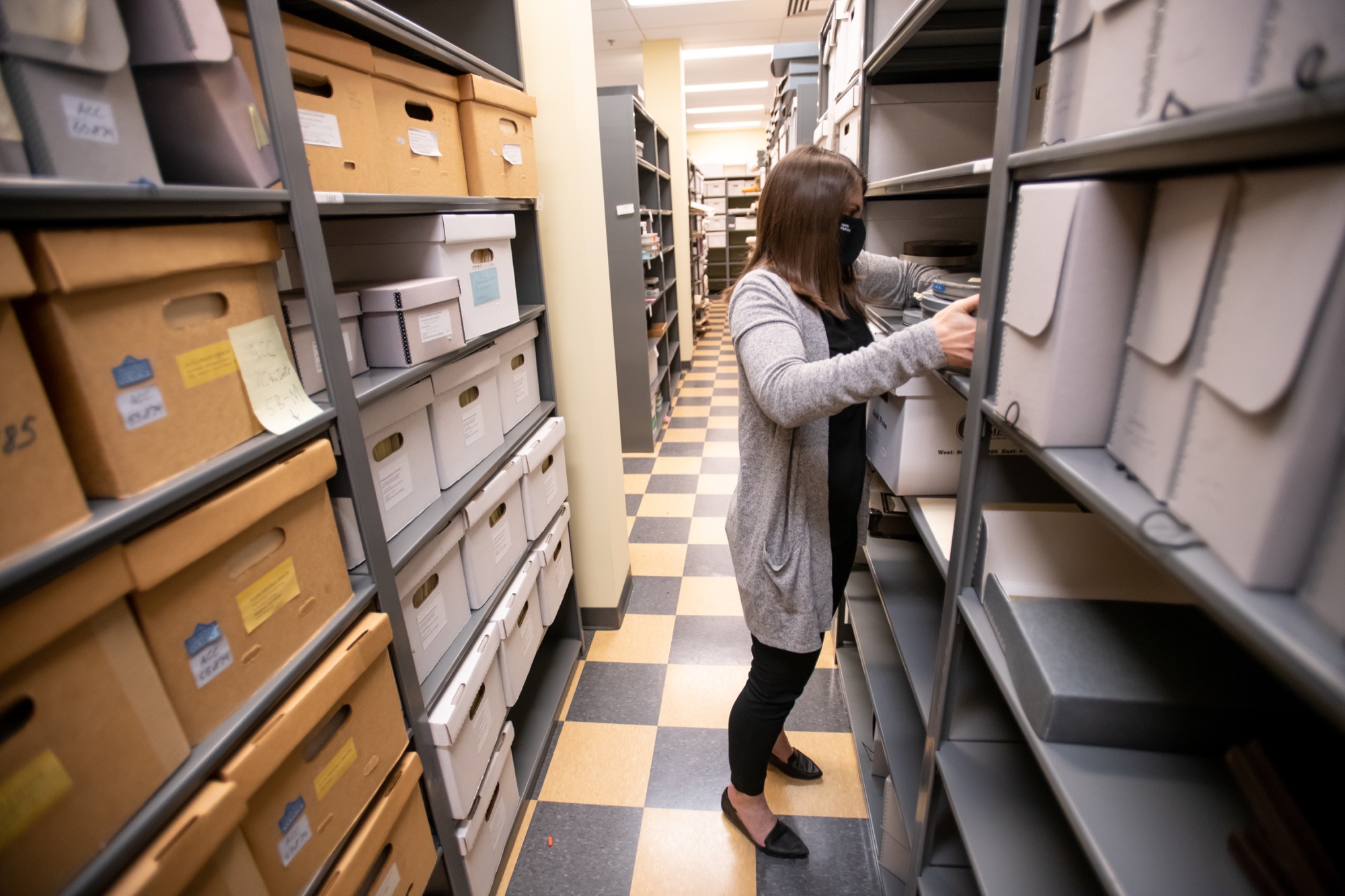
Since March, the Alaska Medical Library (AML), housed in the UAA/APU Consortium Library, has been receiving a lot of questions regarding COVID-19. From the get-go, Sigrid Brudie, interim head of AML, has been busy ferrying research articles to medical providers across the state.
“At the beginning, I was in touch with a lot of the hospital practitioners who wanted to know immediate patient care questions, like how could they position patients better on ventilators, how to protect health care workers on the front lines, what type of diagnostic tests are going to determine how bad a case is?” said Brudie. “A lot of the questions were immediate patient care questions that are common knowledge now, but weren’t known at the time because the research just wasn’t out yet.”
The problem? Although there was research, it was not peer-reviewed, which caused providers in Alaska, across the country and the globe deep anxiety. According to Brudie, the process to release research to the medical community is intensive and includes pre-print and peer reviews that just weren’t happening fast enough to keep up with the urgency of the spreading virus.
“There were kind of exceptions that were willing to be made as far as pre-print and peer-reviewed articles and many of the librarians that I worked with on this were nervous about that,” Brudie said. But it was an extraordinary time as the global community came to a nearly worldwide standstill as the governments and public health officials scrambled to grasp a hold of the seemingly out of control virus and protect populations from its unknown implications. So the requests kept flooding in.
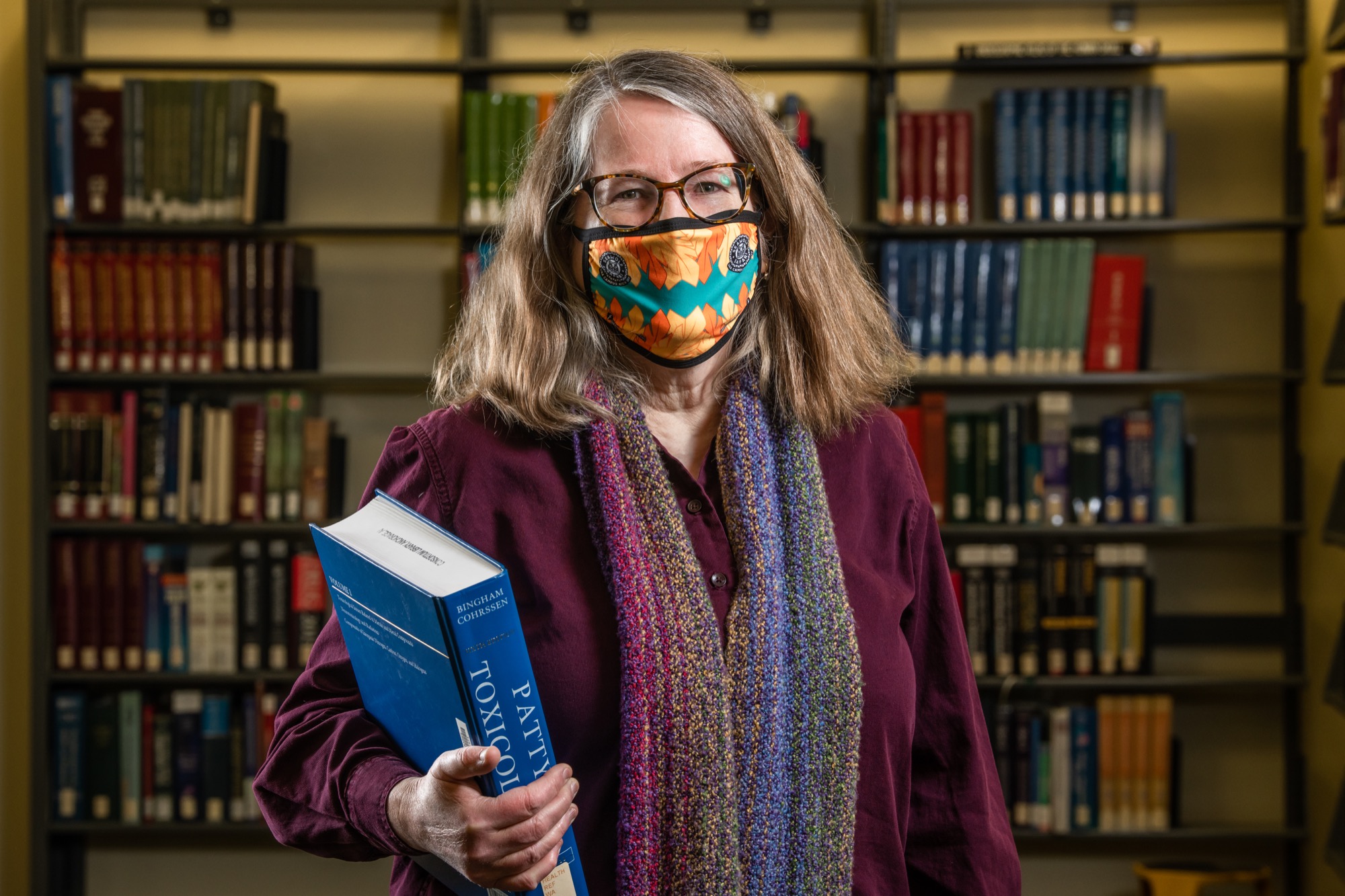
That was nearly a year ago and the medical community has had time to catch up with the research coming out about the virus and much of the new information has gone through the rigorous review process at this point. Brudie says she still spends a chunk of her week fielding email requests for articles focused on COVID-19 and that now, some of those requests are coming from students and faculty ranging on topics from nursing and mental health to social and economic impacts on the aftermath effects of COVID-19 has left in its wake. Now that the medical community's quick patient care questions have slowed down, the requests focus more on policy questions, like how a hospital or medical organization writes internal and external policies related to COVID-19, like cleaning, patient interaction and staff best practices.
“We’re a three-person office, a small part of the library, but we have pretty regular demand,” Brudie said. “We had mostly Alaska health providers who are our clients, asking for specific research, although we did get one request from Montana — which was unusual — as far as the article delivery, we are part of an interlibrary loan system where we loan our materials to different medical libraries all over the world.”
In her corner of the library, Gwen Higgins, an archivist in Archives and Special Collections of the Consortium Library, has been handling her own pandemic-related requests from students, faculty, staff and the public as she helps them dig into the history of pandemics and other nefarious diseases in Alaska and beyond to try and understand the current one circulating the globe.
Luckily Higgins has a wealth of knowledge on hand after completing a year-long project which started with her former colleague Veronica Denison, who applied for a Recordings at Risk (RAR) grant from the Council on Library and Information Resources and with funding from the Andrew W. Mellon Foundation, to digitize audio, film and video of public health records from medical providers across the state who have donated their first-person accounts, or their families or estates have donated to the Consortium Library to be made accessible to the public or added to Alaska’s Digital Archives.
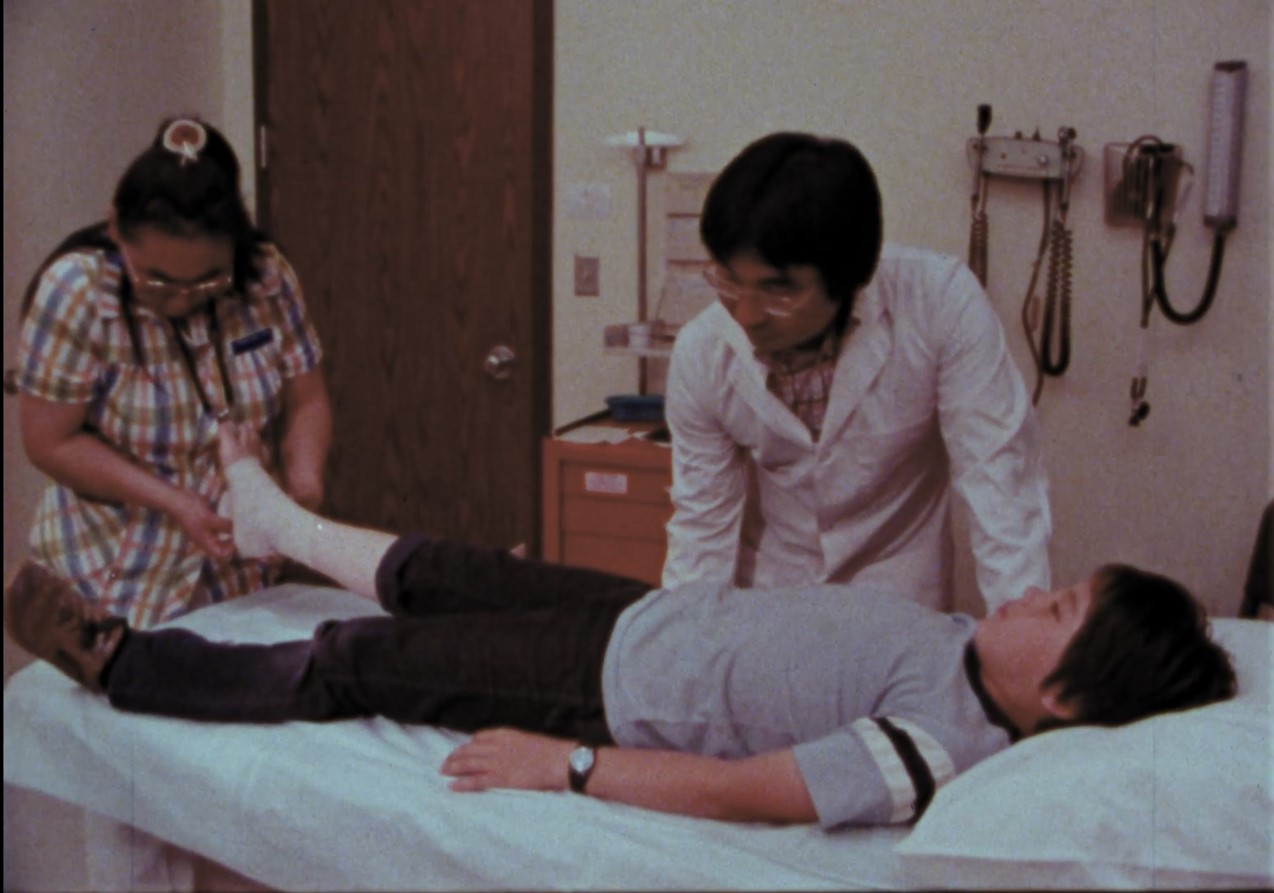
“We had a particularly large collection of materials related to public health to add to our medical collection,” said Higgins. “We ended up digitizing 161 recordings that are all related to the history of health and medicine in Alaska.”
It was an extensive project, as much of the donated material was in a technology format long since abandoned, like video cassette tapes, dictabelts — an analog audio recording developed to record speech — and reel-to-reel audio tapes, all of which the Consortium Library did not have the equipment to play and the materials had to be sent out of state. But with Higgins’ work and the help of Becky Butler, project assistant, completion of the project, many of these first-hand medical accounts from providers covering subjects from circumpolar and Alaska Native health records to anthropological and children’s health studies are now recorded in Alaska’s Digital Archives.
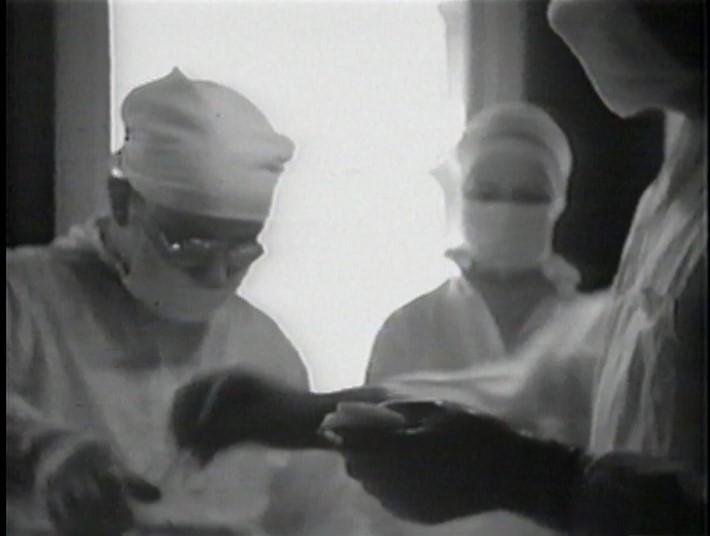
“This program [RAR] was set up to preserve materials that are in formats that are either becoming or already are obsolete and may be starting to deteriorate and may no longer be usable,” said Higgins. “It was about trying to get to those materials and digitize them before the information is lost.”
Although both Brudie and Higgins work in seemingly different departments within the Consortium Library, they are linked in that both are providing vital information to students, faculty, staff, the community and medical providers statewide and globally about current pandemics and diseases and a way for people dig back into the histories of how these situations were handled in the past.
Neither Brudie nor Higgins know how the current COVID-19 pandemic will be recorded in Alaska’s medical history or what first-person medical provider accounts will be provided in the decades after coronavirus has subsided, but they do know that both AML and the Archives and Special Collections health and medical sections are a valuable resource to Alaska and beyond.

 "Crossing paths: When history and the present collide" is licensed under a Creative Commons Attribution-NonCommercial 4.0 International License.
"Crossing paths: When history and the present collide" is licensed under a Creative Commons Attribution-NonCommercial 4.0 International License.










